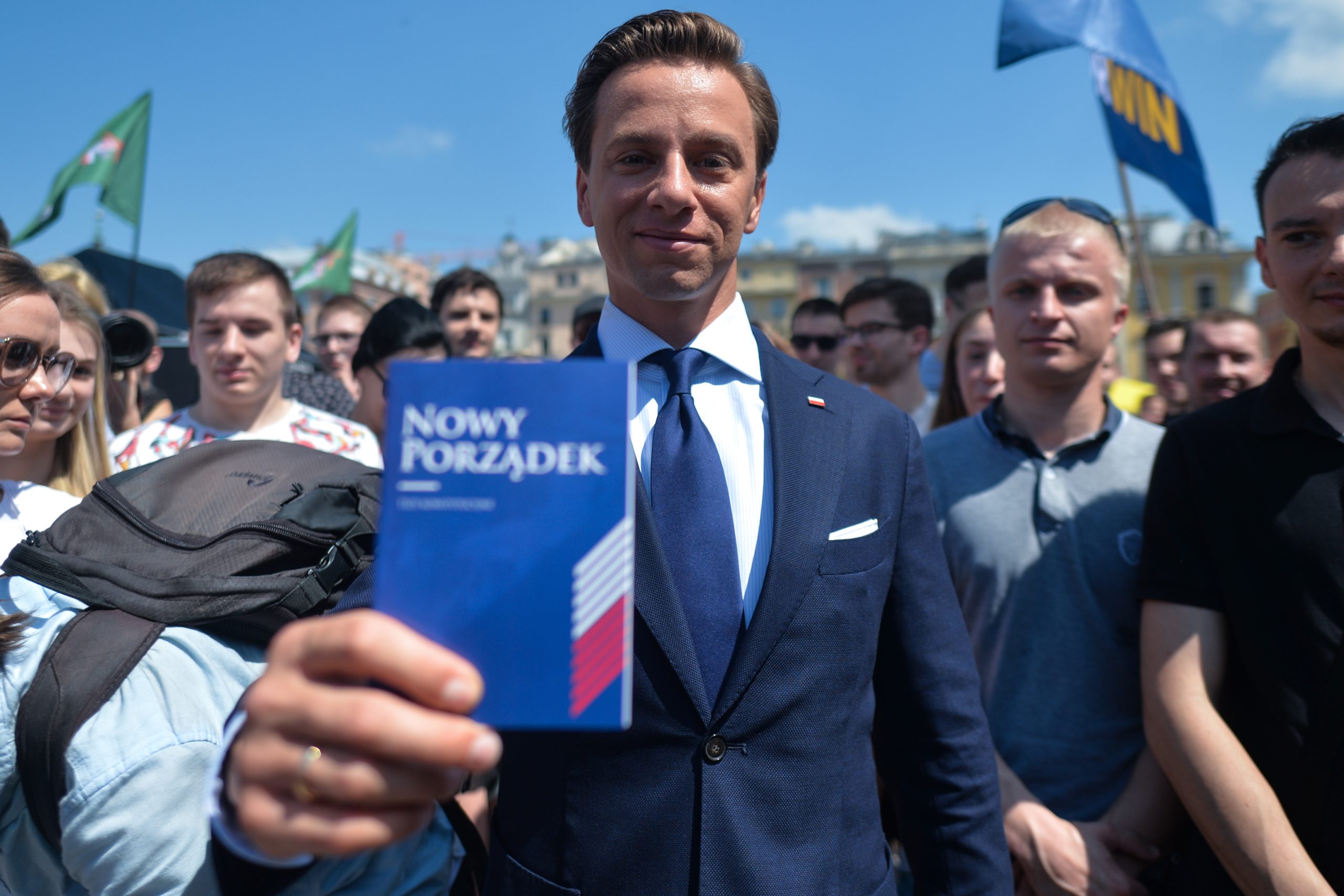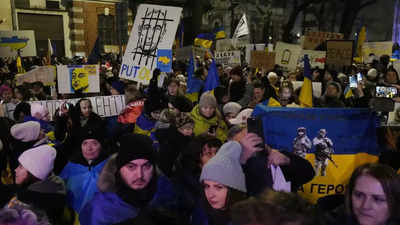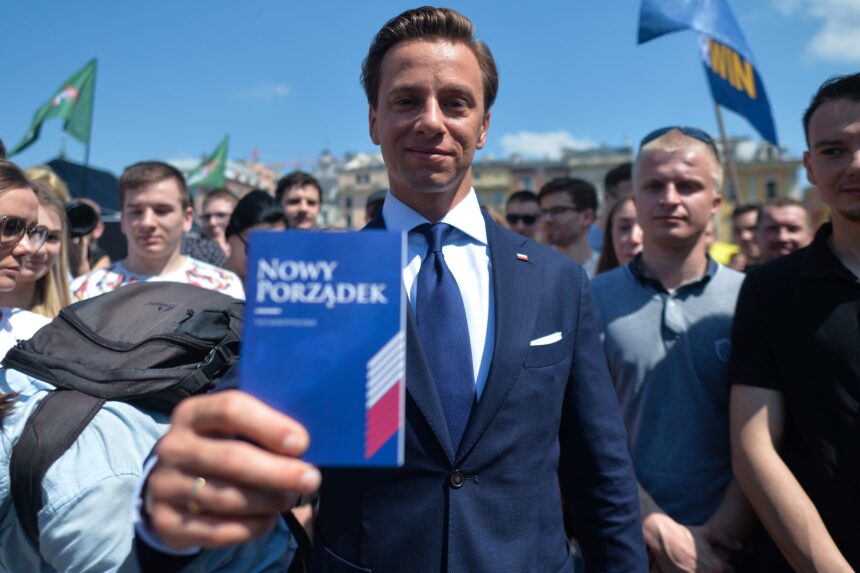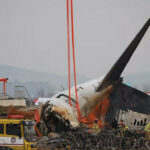In recent months, an increasing number of Ukrainian refugees in Poland have reported experiencing anti-Ukrainian sentiment, including public abuse, bullying in schools, and xenophobic harassment. A mother named Svitlana shared how her daughter was bullied at school with the phrase “Go back to Ukraine” and mocked after a Russian missile strike killed civilians in their hometown.
Rising Anti-Ukrainian Sentiment
Ukrainian refugees in Poland were initially welcomed with compassion after Russia’s invasion in 2022, but recent months have seen a disturbing rise in negative attitudes towards them. According to a March 2025 poll, only 50% of Poles are in favor of accepting Ukrainian refugees, a dramatic decline from 81% two years ago.

Real-Life Impact of Xenophobia
Activists and refugees alike report a growing number of incidents of xenophobia, from verbal abuse to discriminatory behavior in public spaces like stores and hotels. Read more about the challenges Ukrainian refugees face in Poland here.
Political Polarization in Poland
As Poland approaches its presidential election, Ukrainian refugees have become a polarizing issue. Some political candidates, particularly far-right figures like Slawomir Mentzen and Grzegorz Braun, have made anti-Ukrainian statements, fueling resentment. Meanwhile, pro-Ukraine candidates, including Rafal Trzaskowski, have adjusted their rhetoric to align with the changing public sentiment.
Disinformation and Russian Influence
Disinformation campaigns originating from Russian sources have also contributed to the anti-Ukrainian sentiment in Poland. Learn more about Russian interference in Polish elections here. These narratives, often spread through social media and Russian Telegram channels, claim that Ukrainians are a drain on Poland’s resources and responsible for the ongoing conflict.
Ukrainian Refugees’ Struggles in Poland
Many refugees, especially women and children, are already traumatized by the war in Ukraine and now face prejudice and harassment in their host country. “They want to go home because Polish people don’t accept us,” one refugee said, sharing how she and her children have been subjected to both verbal and online abuse.

Conclusion: A Divided Poland
The sentiment towards Ukrainian refugees in Poland has shifted dramatically in the past two years. What began as widespread compassion has turned into a divided response as political tensions rise. The upcoming presidential elections may further shape how refugees are treated in the future. Explore more about the political context surrounding refugees in Poland.
For further information on the humanitarian situation in Poland, visit UNHCR’s Poland page on refugee assistance.









